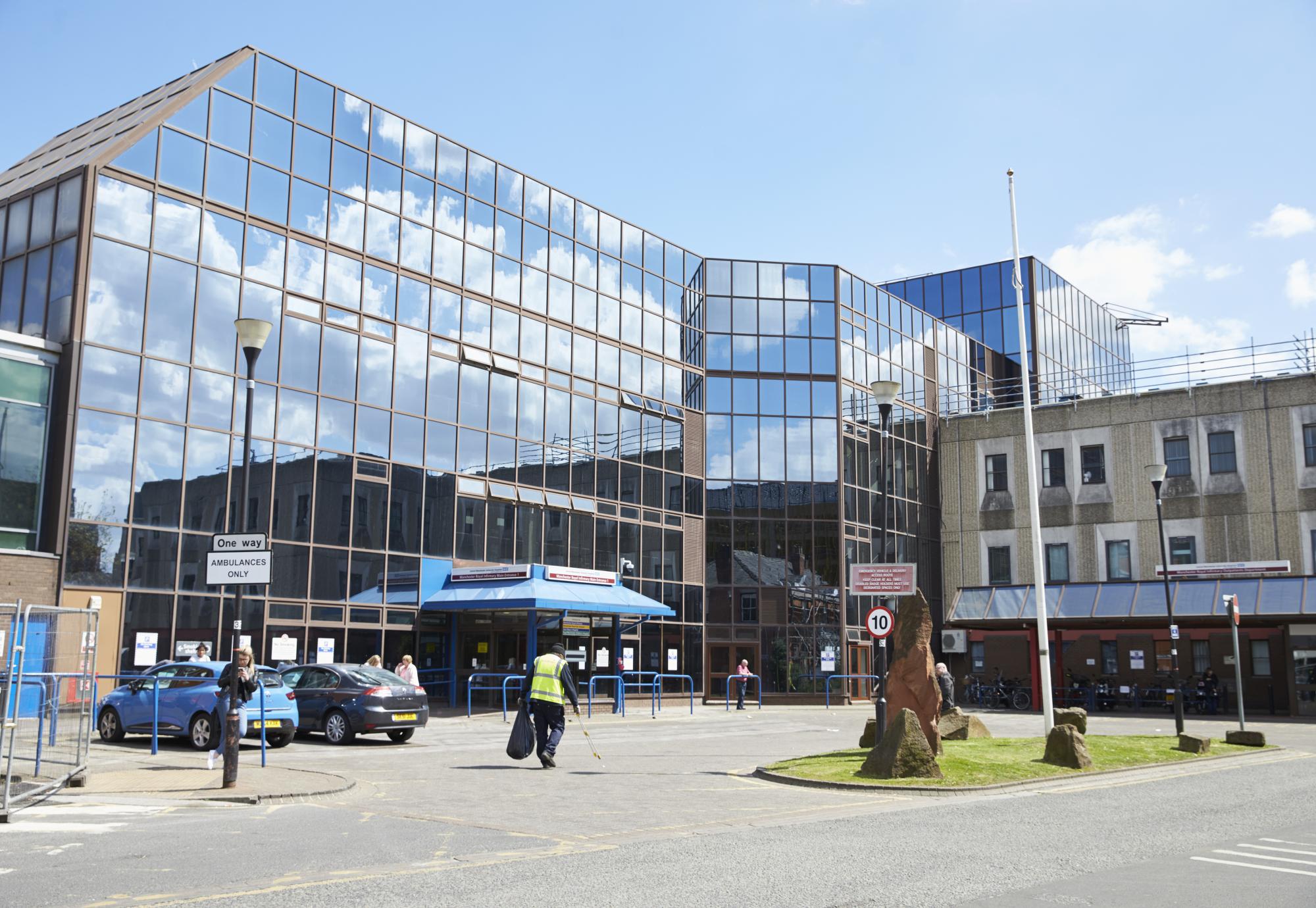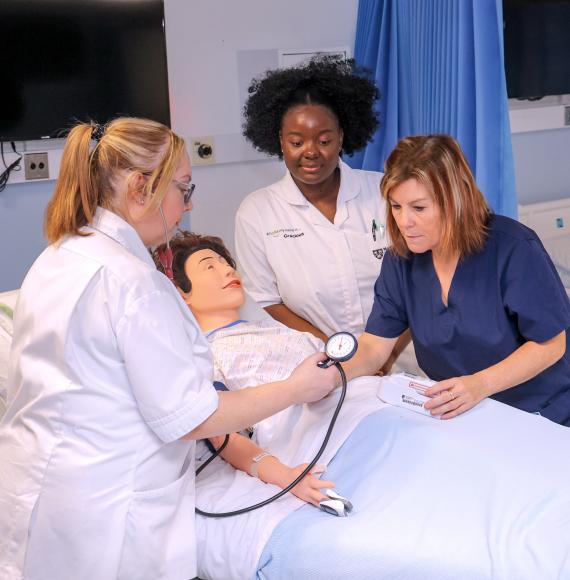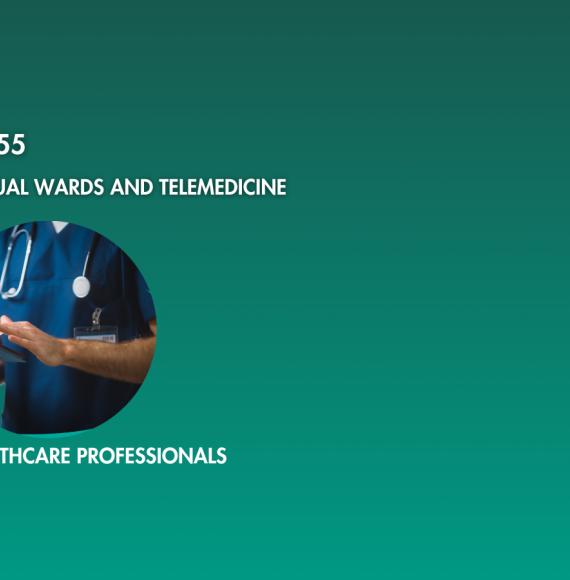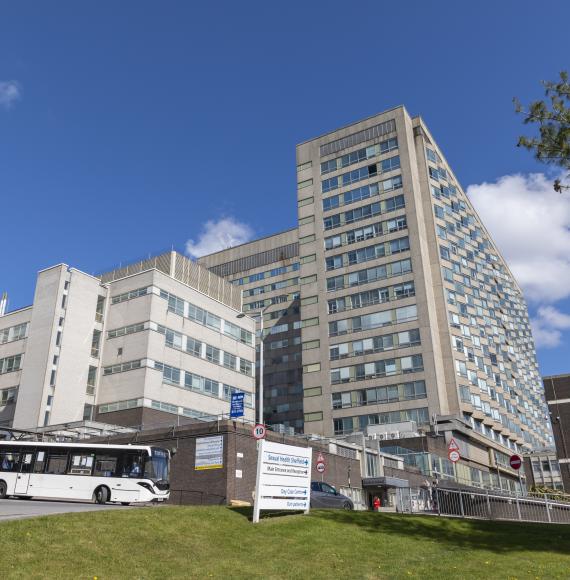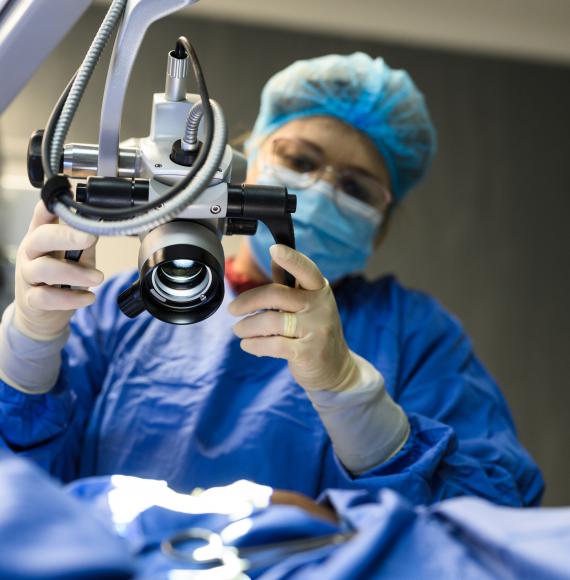In a groundbreaking development, researchers in Manchester have successfully implemented a new test to identify patients in the early, curable stages of hepatocellular carcinoma (HCC), the most common liver cancer.
This innovative technology, developed by Roche Diagnostics and known as Elecsys®GAAD, was introduced across Manchester University NHS Foundation Trust (MFT) hospitals in December 2023.
HCC is the third most common cause of cancer death in the UK, often linked to pre-existing liver conditions such as cirrhosis. The new test combines blood tests with gender and age factors, significantly increasing the detection rate of HCC at an early stage when curative treatments are more effective. This advancement is being used alongside routine surveillance tests to enhance patient outcomes.
Approximately 3,000 people are diagnosed with HCC in the UK annually, but less than 1,000 are identified at a stage where curative treatment is possible. The Elecsys®GAAD test has already been used on over 600 patients with cirrhosis at MFT clinics, detecting early-stage liver cancer in four patients who would not have been identified without this technology.
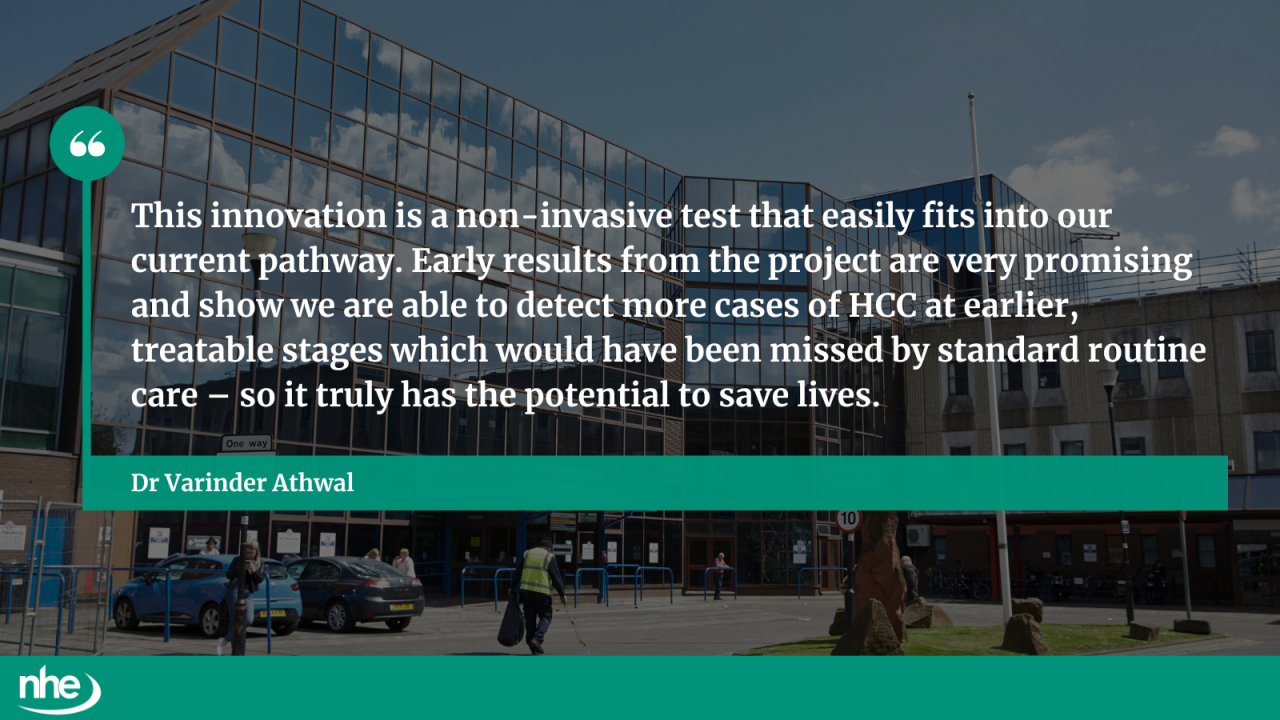
Dr Varinder Athwal, Principal Investigator of the study, commented:
“Manchester has some of the highest rates of liver disease and liver cancer in the UK and far too many people are diagnosed when curative treatment is not possible.
“This innovation is a non-invasive test that easily fits into our current pathway. Early results from the project are very promising and show we are able to detect more cases of HCC at earlier, treatable stages which would have been missed by standard routine care – so it truly has the potential to save lives.
“Using this new test and with additional improvements to the surveillance pathway, we believe more than 1,000 people per year could be additionally detected at an earlier stage when their cancer is potentially curable. This number could be increased if more people are offered the test and stay in surveillance, which is something we are addressing in this project.”
The study, running until April 2025, aims to recruit more than 600 patients and will inform a plan for national rollout within the NHS. Supported by Imperial College London and Unity Insights, the research is also evaluating the economic impact of the new technology on the NHS.
This pioneering test represents a significant step forward in the early detection and treatment of liver cancer, offering hope for improved survival rates and better patient outcomes.
Image credit: iStock

